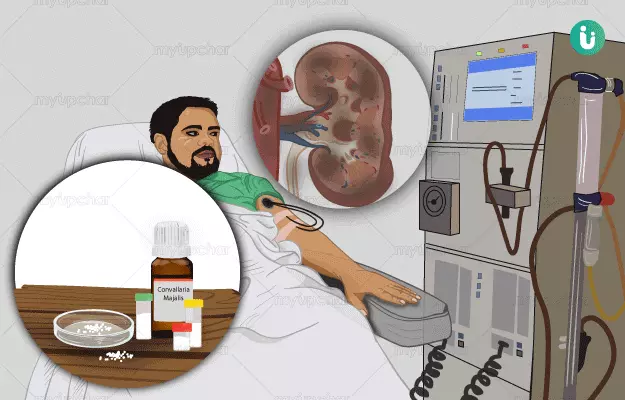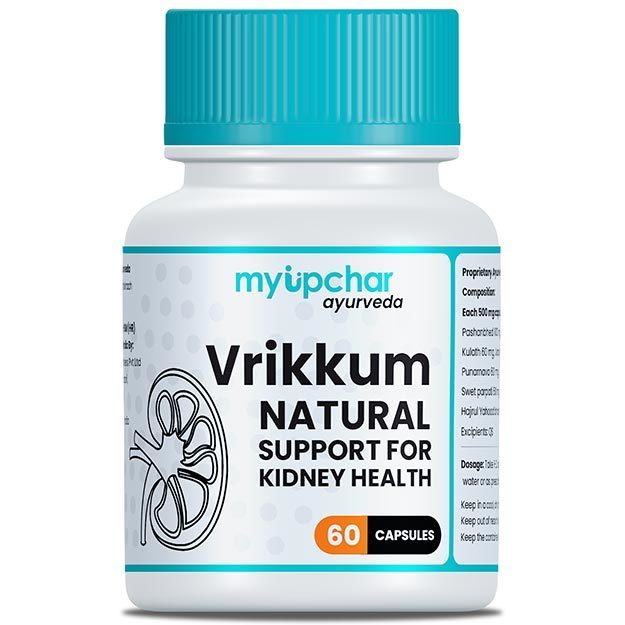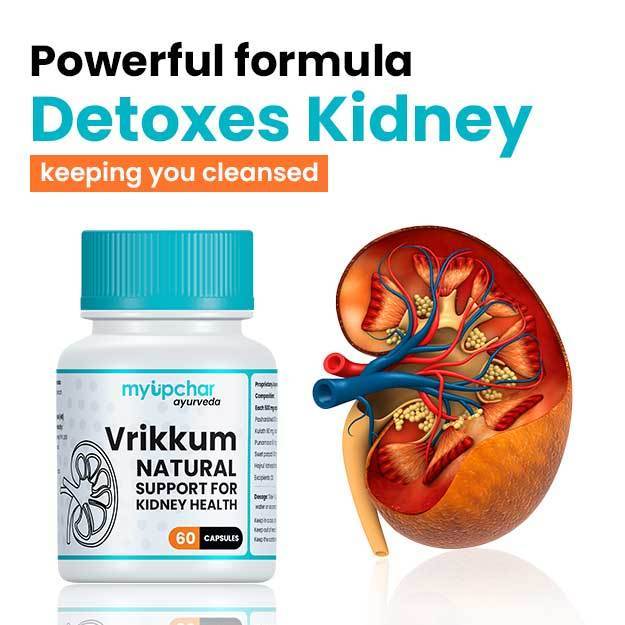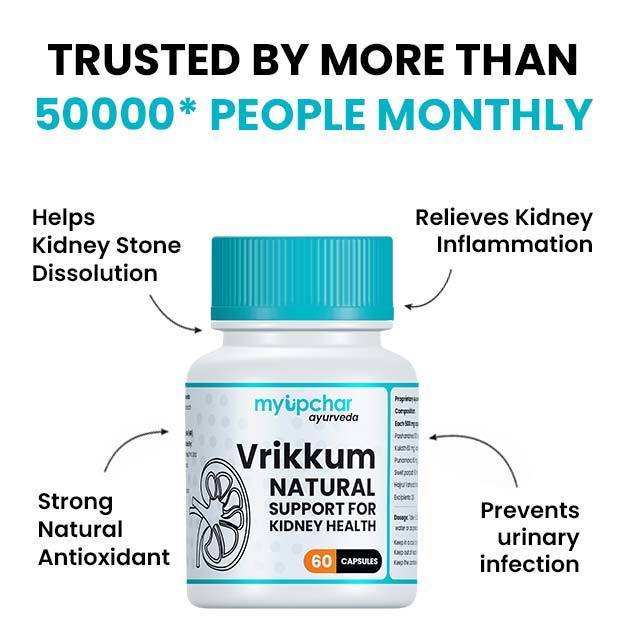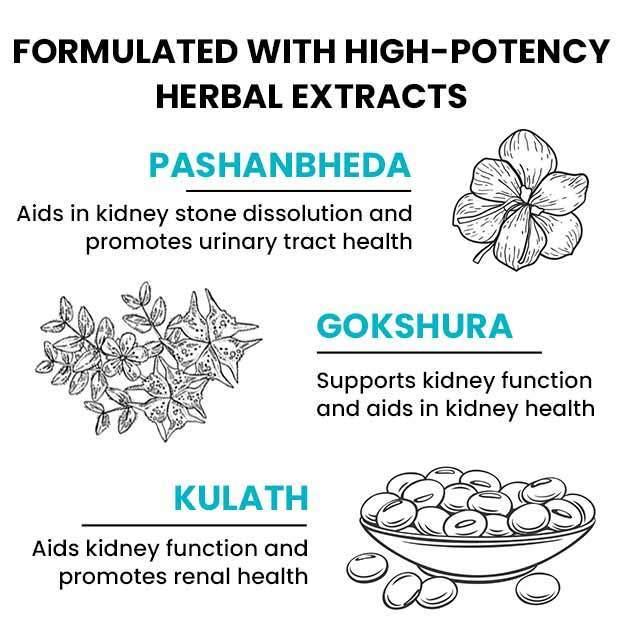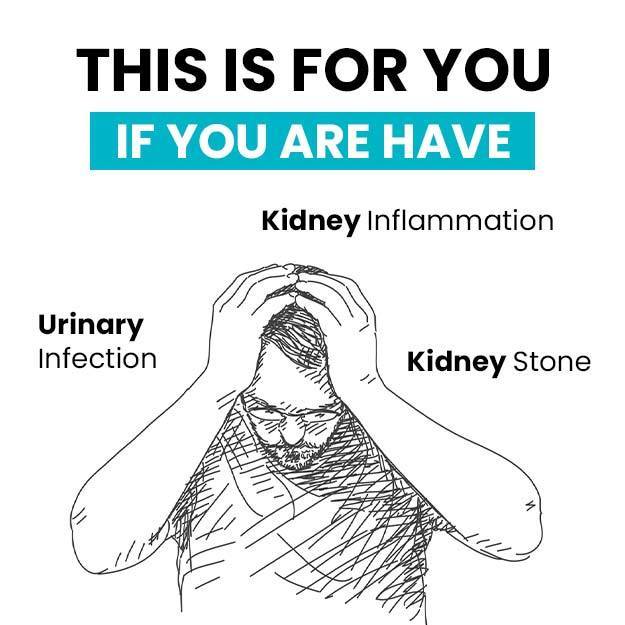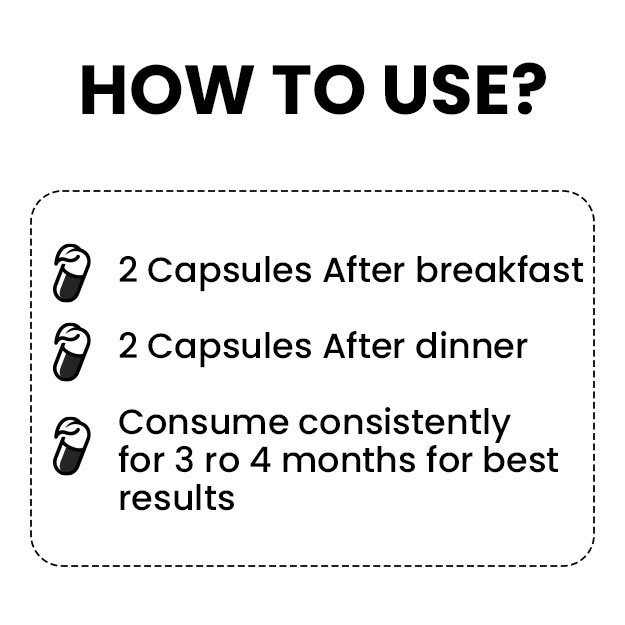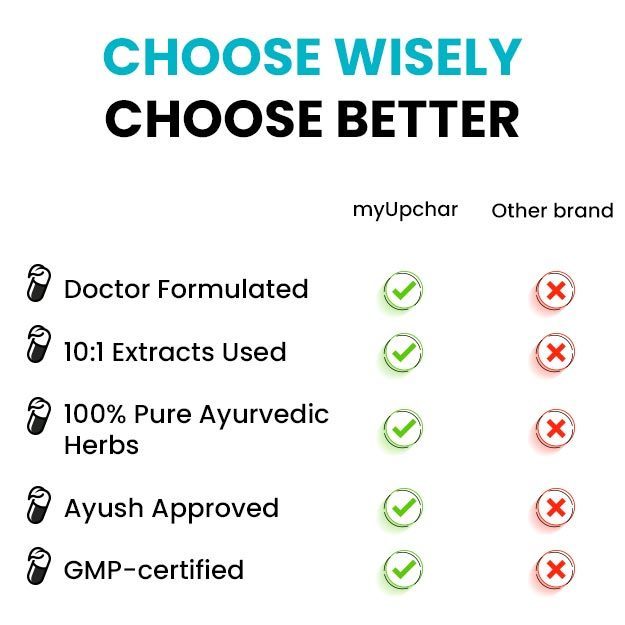Chronic kidney disease (CKD), also known as chronic renal disease, is a kidney disorder marked by a gradual loss of renal (kidney) function. The main function of kidneys is to filter blood and form urine, which is expelled from the body via the urinary system (urethra). Increasing damage to kidneys due to CKD leads to a build-up of excess waste and fluids in the body, leading to loss of electrolyte balance in body, which may manifest in the form of fatigue, loss of appetite and malaise.
CKD can even lead to further complications such as anaemia, heart disease, bone disease, decreased calcium levels, high phosphorus and potassium levels, along with a reduced quality of life. When kidneys stop functioning entirely, it is called kidney failure or end-stage renal disease (ESRD). Dialysis or kidney transplant are the treatment options that are considered in this stage.
In the initial stages, CKD does not show any prominent symptoms. Hence, blood and urine tests are the only way to determine if a person is suffering from CKD in this stage.
The major risk factors for CKD include high blood pressure, heart disease, obesity, and genetic predisposition to CKD. According to an estimate, diabetes and hypertension account for 40-60% cases of CKD in India. Other common causes of CKD include polycystic kidney disease, kidney infections, glomerulonephritis, poisoning with heavy metals such as lead, autoimmune disorders, obstruction in urine flow due to an enlarged prostate or kidney stones. Long-term use of certain medications such as non-steroidal anti-inflammatory drugs (NSAIDs) or lithium, and rare genetic diseases may also lead to CKD.
Around 12.5% of the Indian population depends on homeopathy for their treatment. Prescription in homeopathy is determined by the physical and mental state of a patient instead of focusing only on disease symptoms as in conventional medicine. Thus, the remedy for each disease is different for each patient. Some of the medicines used in homeopathy for CKD are apis mellifica, arsenicum album, belladonna, benzoicum acidum, and cantharis.

